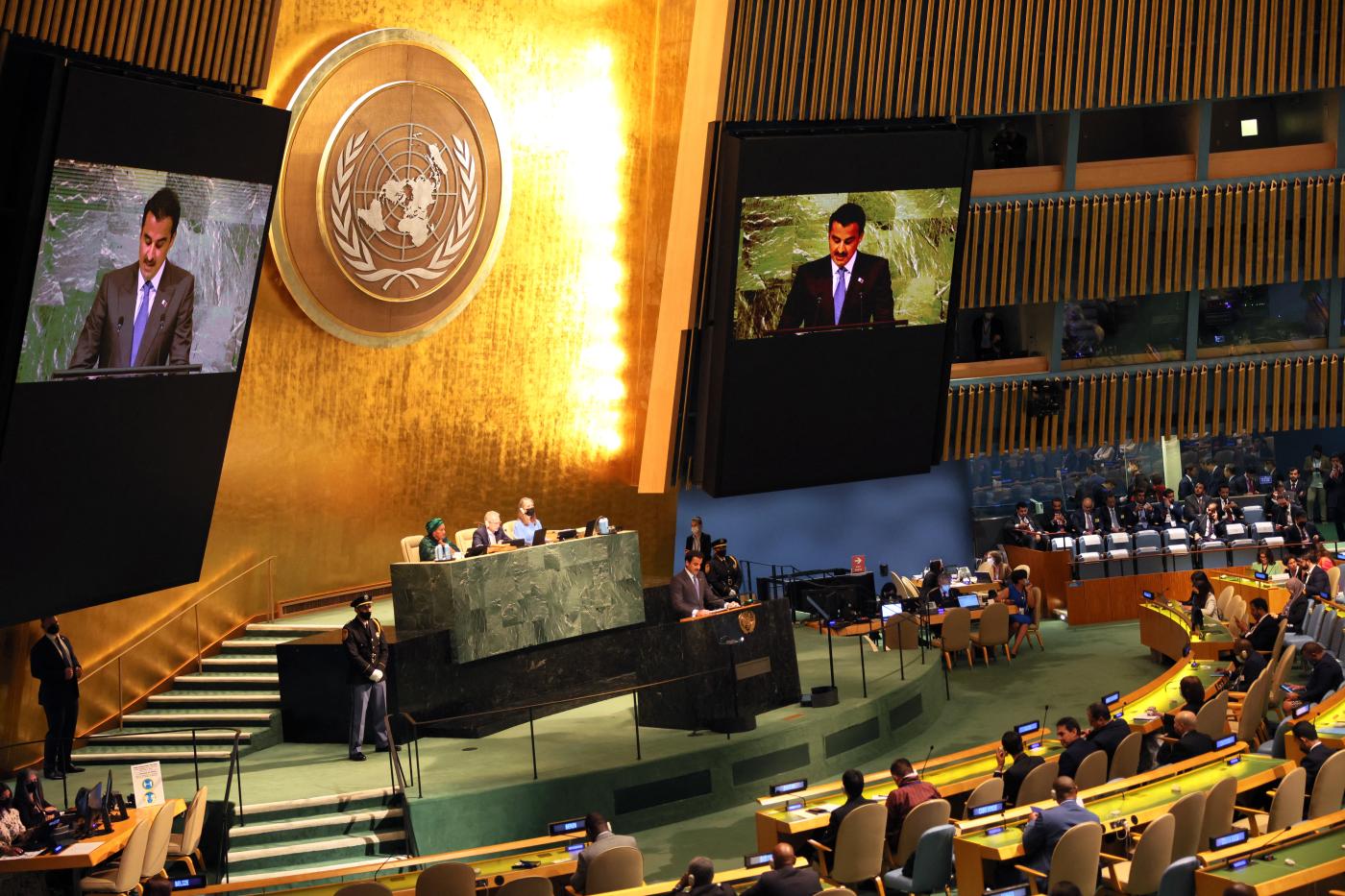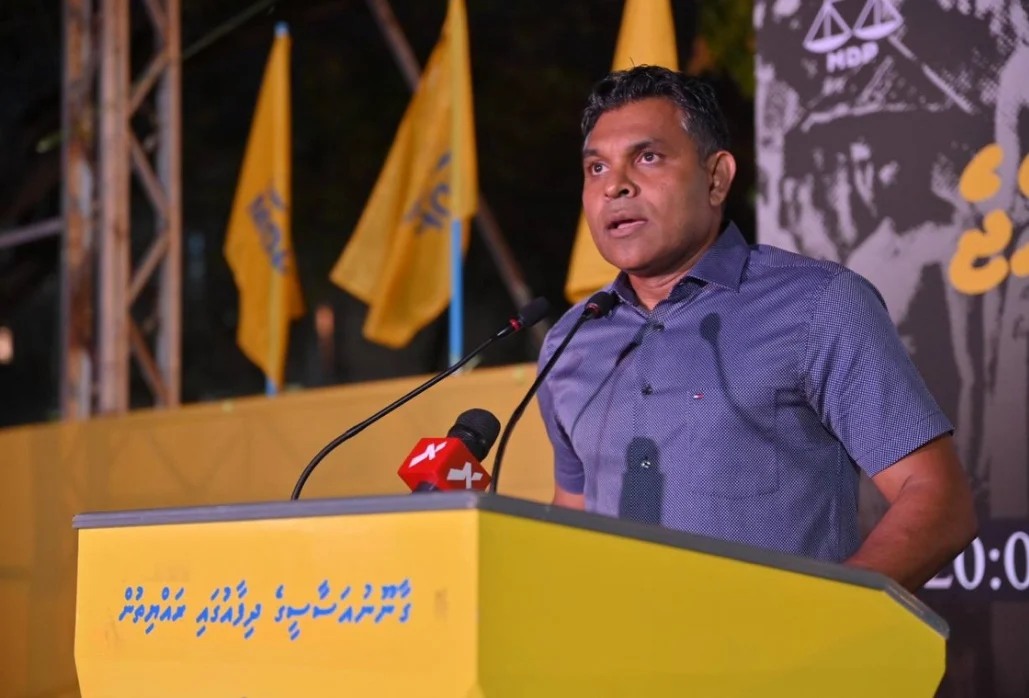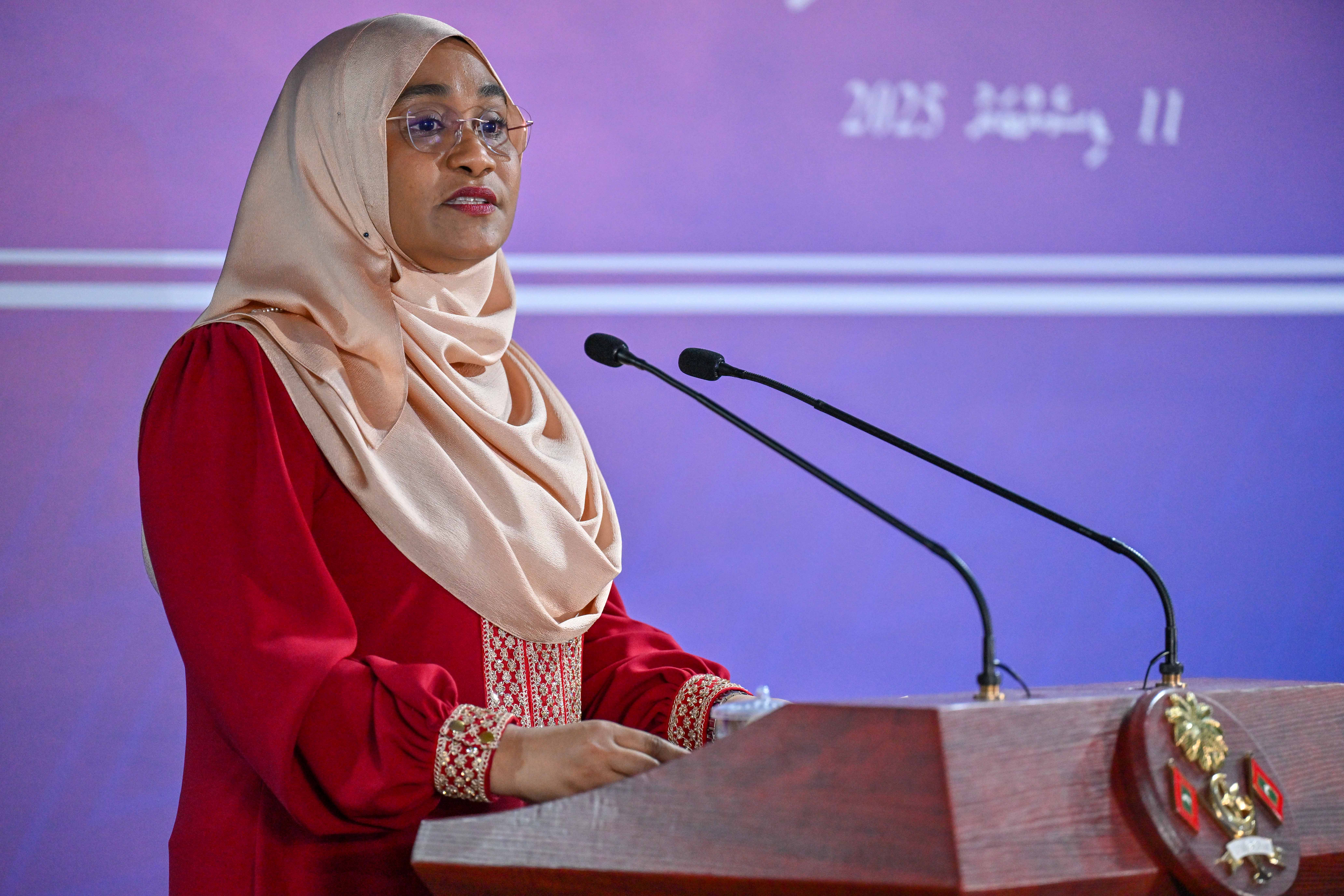Qatar’s emir on Tuesday called on the international community to put pressure on Israel to bring to an end its occupation of the Palestinian territories.
Speaking during the General Debate of the 77th Session of the UN General Assembly, Sheikh Tamim bin Hamad Al-Thani said the Security Council must shoulder its responsibility and must compel Israel to end the occupation of Palestinian territories and to establish a Palestinian state along the borders of 1967, with East Jerusalem as its capital.
“Failure to implement international resolutions, and in light of the continuous change of the situation on the ground, the occupation and its settlement activities, is pursuing a policy of fait accompli.
“This will change the rules of the conflict and will change the format of solidarity in the future. At this juncture, I stress that we stand in full solidarity with the brotherly Palestinian people in their aspiration to achieve justice.”
The emir also pushed back against normalising ties with the government of Bashar al-Assad, the President of Syria, which other regional states such as Jordan, Turkey and the UAE have pursued to varying degrees.
"Some are trying to turn the page on the Syrian crisis,” he said, “ignoring the significant sacrifices made by the blighted Syrian people without fulfilling its aspirations, without ensuring the unity of Syria."
The emir then highlighted the plight of Syrians, millions of whom have been forced from their homes during the decade-long conflict in the country.
“We must pay attention to the roots of the issues before their impacts knock on the doors of our countries,” he said
Speaking during the General Debate of the 77th Session of the UN General Assembly, Sheikh Tamim bin Hamad Al-Thani said the Security Council must shoulder its responsibility and must compel Israel to end the occupation of Palestinian territories and to establish a Palestinian state along the borders of 1967, with East Jerusalem as its capital.
“Failure to implement international resolutions, and in light of the continuous change of the situation on the ground, the occupation and its settlement activities, is pursuing a policy of fait accompli.
“This will change the rules of the conflict and will change the format of solidarity in the future. At this juncture, I stress that we stand in full solidarity with the brotherly Palestinian people in their aspiration to achieve justice.”
The emir also pushed back against normalising ties with the government of Bashar al-Assad, the President of Syria, which other regional states such as Jordan, Turkey and the UAE have pursued to varying degrees.
"Some are trying to turn the page on the Syrian crisis,” he said, “ignoring the significant sacrifices made by the blighted Syrian people without fulfilling its aspirations, without ensuring the unity of Syria."
The emir then highlighted the plight of Syrians, millions of whom have been forced from their homes during the decade-long conflict in the country.
“We must pay attention to the roots of the issues before their impacts knock on the doors of our countries,” he said


















